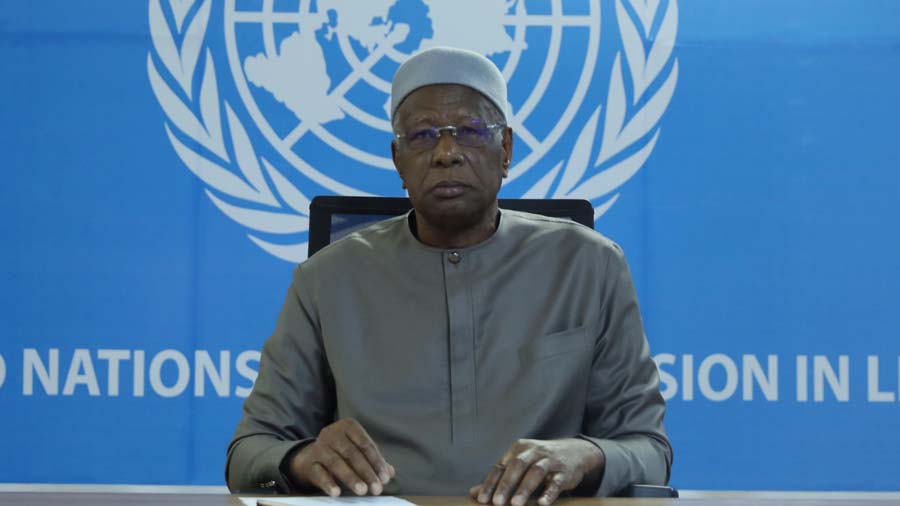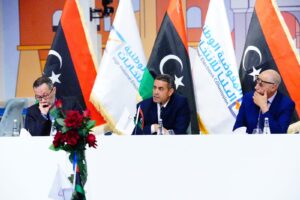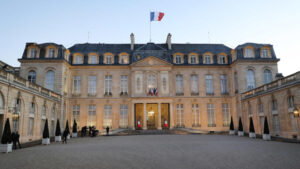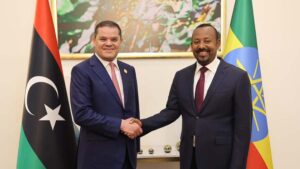Abdullah Bathily, the head of the UN mission to Libya, said that the electoral process in Libya has made some progress, expressing his welcome to the progress made in election laws by the 6+6 committee.
Bathily added that the revised electoral laws have improved over the previous version issued by the 6+6 committee, indicating that the contentious issues he previously mentioned in his previous briefing are still unresolved.
Bathily mentioned that some of the contentious issues in electoral laws can be used to exclude one of the candidates, pointing out that some of them threaten the electoral process completely, and that forming a new government is a disputed topic among political parties.
Bathily pointed out that the new government must be the result of political negotiations between stakeholders, expressing his regret that the provisions related to Senate elections have not yet been amended.
Bathily noted that the High National Elections Commission (HNEC) informed the mission that implementing election laws will not begin until a solution to forming a new government is reached, indicating that the State Council insists that the final version of the election laws are the ones that were signed in Bouznika, Morocco.
Regarding recent clashes in Benghazi, Bathily said that Haftar’s attempt to arrest Al-Barghathi in Benghazi led to armed clashes in densely populated areas and resulted in civilian casualties and communication cuts for more than a week. He called for calming down situations in Benghazi and committing to dialogue and protecting civilians in the city.
Bathily also called on all Libyan leaders to agree on a binding political settlement towards a peaceful electoral process with a unified government leading the country towards elections, stressing that the Libyan people want to end the conflict.





